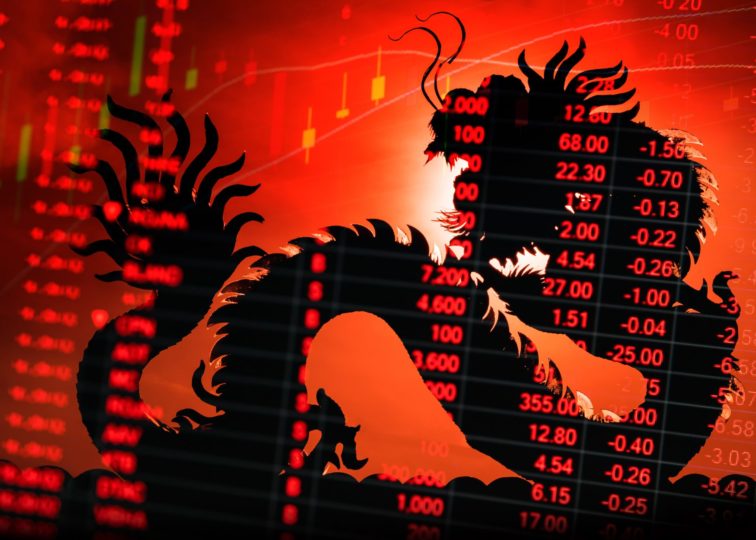
Blog
Chinese Inflation Eases as Economic Growth Slows
February 15, 2022
Inflation for Chinese consumers and manufacturers both slowed in January, giving room for Beijing to ease monetary policy in an effort to stimulate the economy.
The producer-price index (PPI), which tracks wholesale prices charged by manufacturers, rose 9.1% in January from a year earlier, down from December’s 10.3% increase, according to the National Bureau of Statistics. PPI inflation has moderated in recent months after reaching a 26-year high in October.
Factory-gate inflation in China has remained elevated since last summer, driven by global supply chain disruptions and surging energy prices. Chinese authorities have reined in prices by increasing the supply of commodities like coal and cracking down on hoarding and speculation.
Unlike consumers in many of the world’s major economies, Chinese consumers have seen subdued inflation, driven by persistently weak domestic demand since the pandemic began. The Consumer Price Index increased by just 0.9% last month, down from 1.5% in December.
Central banks around the world are looking to tighten monetary policy in an effort to combat inflation. Conversely, moderating inflation in China gives the country’s central bank room to ease monetary policy and boost the nation’s slowing economy.
The People’s Bank of China has already lowered key interest rates and reduced the amount of cash banks must hold in reserve. Still, analysts see little sign of recovery, particularly in the nation’s faltering real estate sector, and expect further interest rate cuts this year.
